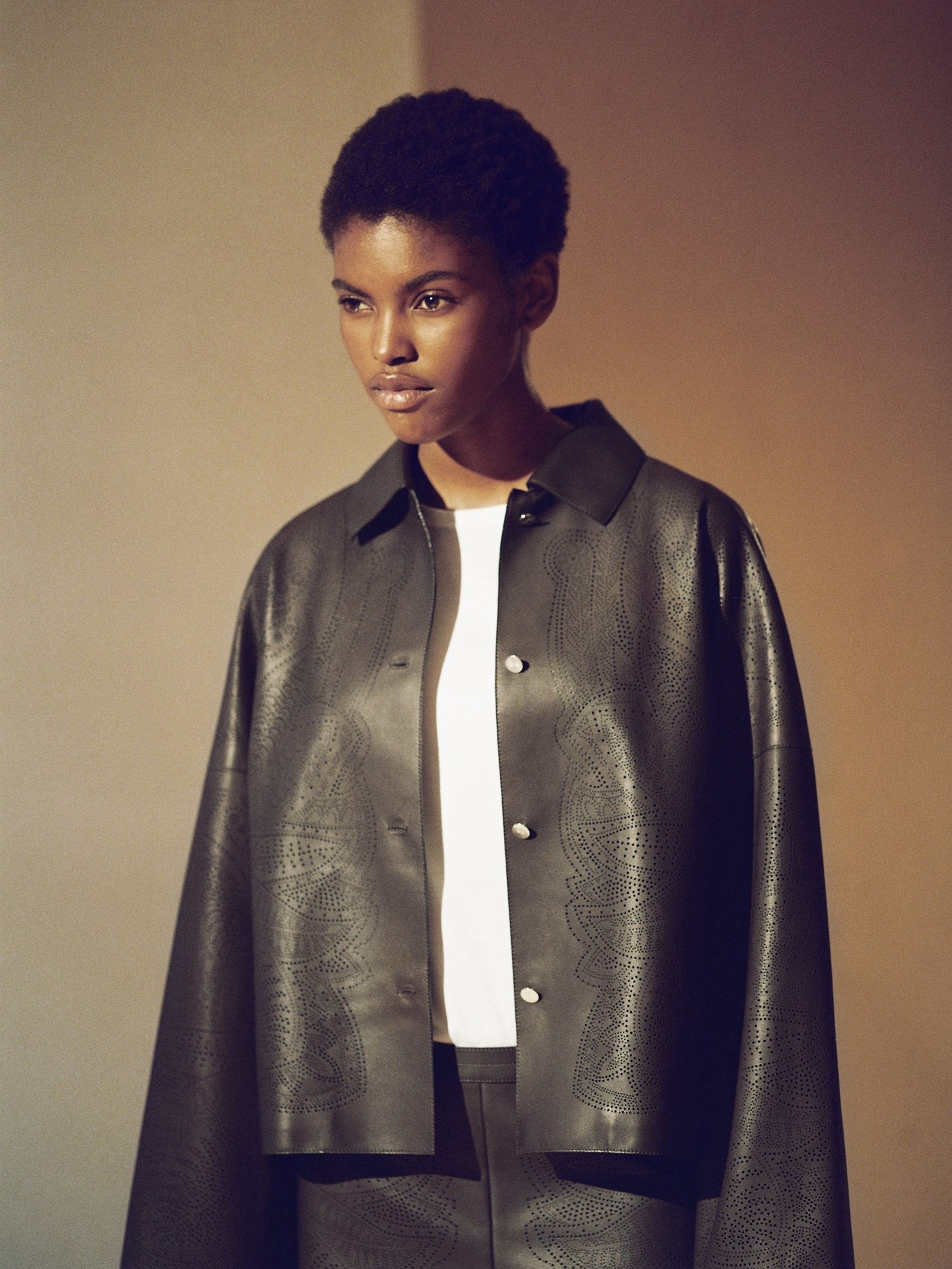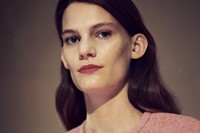Nadège Vanhée-Cybulski was appointed as the artistic director of women’s ready-to-wear for Hermès a little over two years ago now. Although the company has been designing a pre-collection for more than a decade, this was the first time it has ever been shown on the runway, testimony if ever any were needed of the fabled name’s commitment to focusing on ready-to-wear (sales of which have increased since her arrival). The designer chose to stage the presentation in the Hermès flagship store on Rue du Faubourg Saint-Honoré just as, in the late nineties, the brand's then-designer, Martin Margiela, did before her. "We are trying to do something more intimate, where you can really absorb everything from the colours, the cut, the drape, how things are so intricate, to the earrings, the lips, the hair..." she said. "I think it is really important to have this moment where you can observe, and the store is the perfect place to show this exercise and is much more anchored in sales, women, reality." Of course, such things are relative; resort collections are indeed anchored in such concerns. Here, though, was a rather more elevated sense of reality than most. Despite grey skies in Paris, even in July, at Hermès the sun always shines.
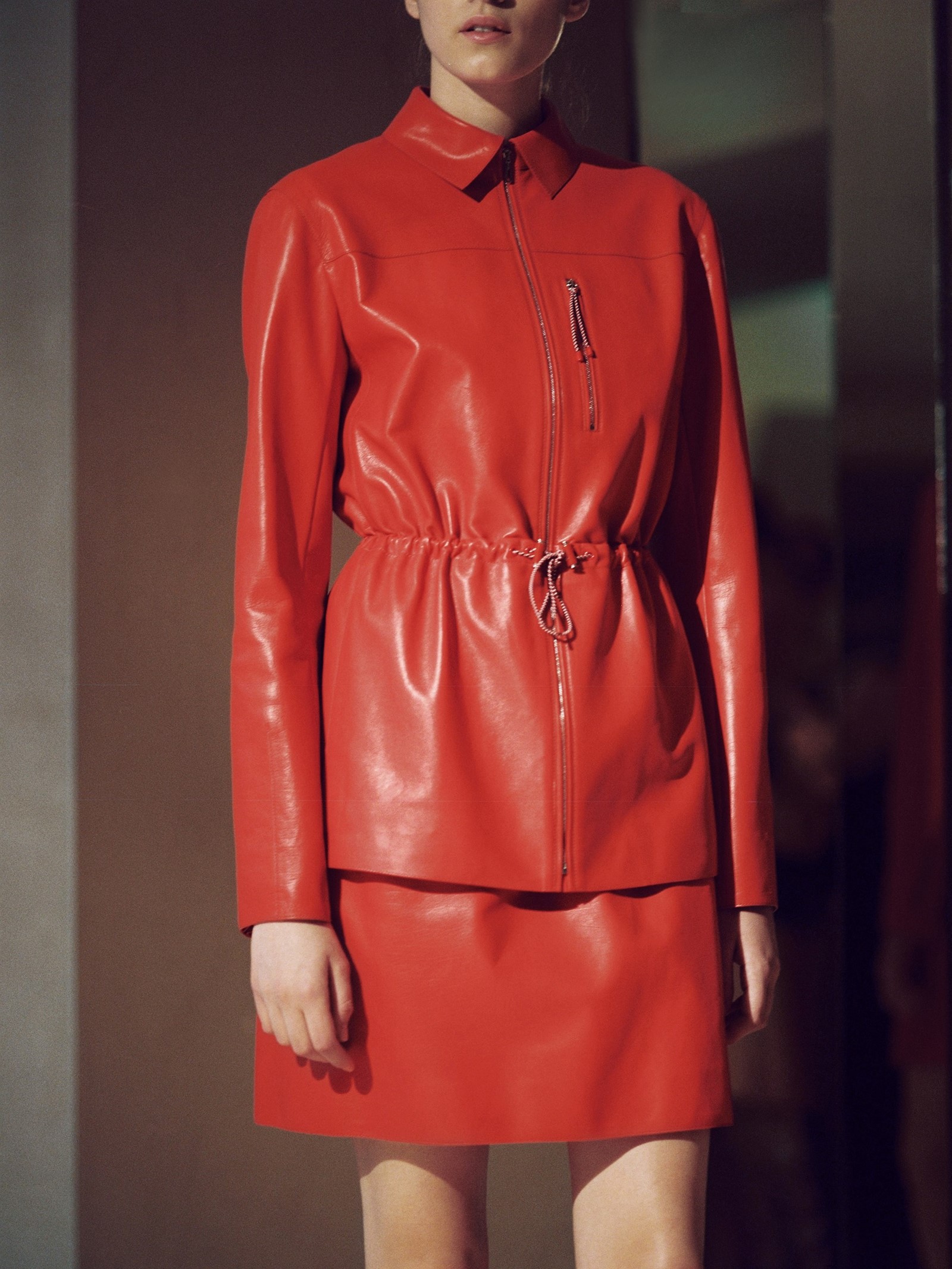
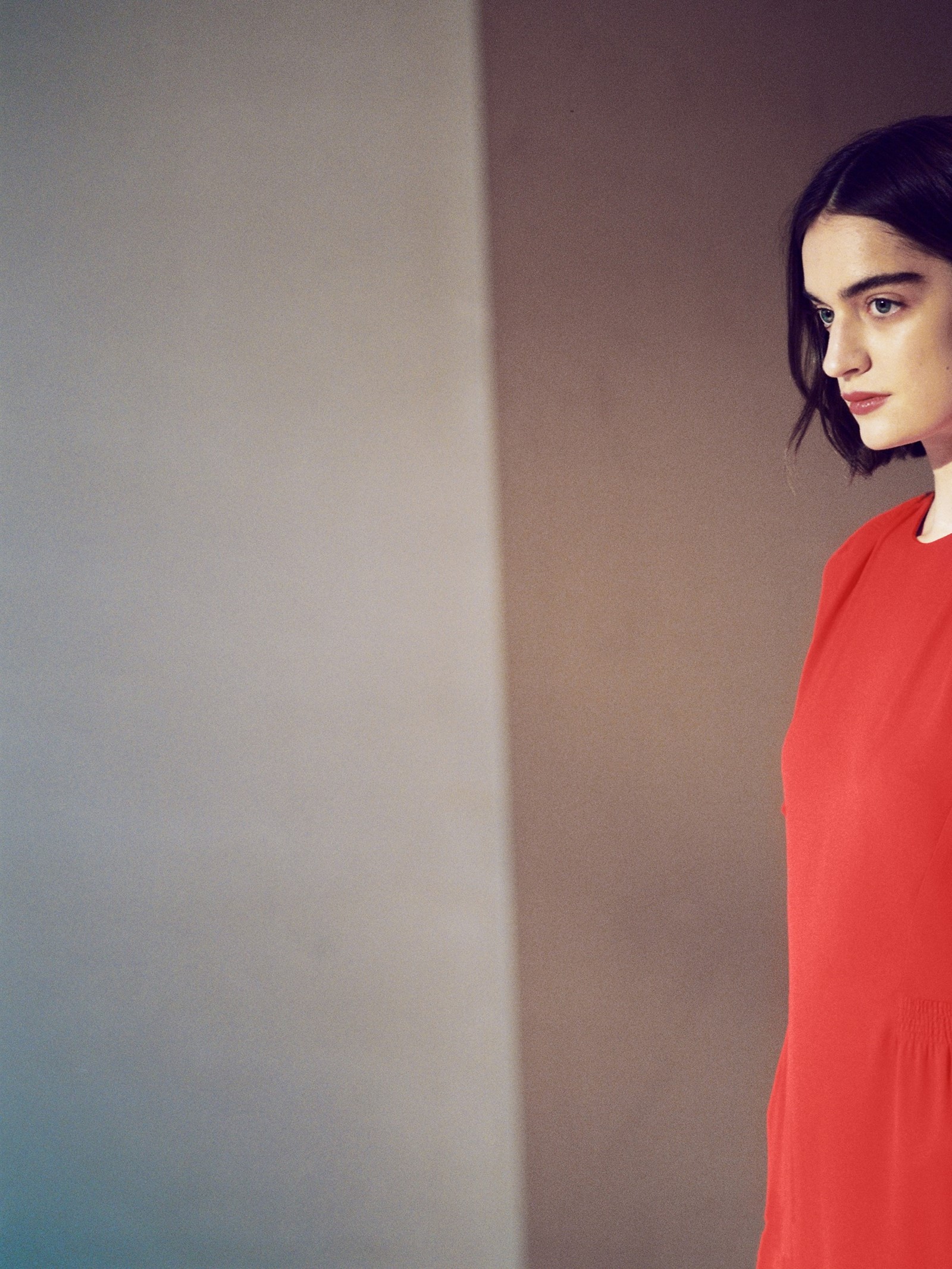
I Never Gave You Flowers
Some things are a given and, at Hermès, only the finest materials and production values apply. Straying from luxury at its most understated would, equally, be considered nothing short of uncouth. Then there’s leather, the most carefully sourced and lightly worked skins are found here. All of that – it may not unreasonably be argued – is best seen up close and so this was the perfect environment for it. More surprising, perhaps: a live soundtrack courtesy of Jarvis Cocker accompanied by Serafina Steer playing the harp. Vanhée-Cybulski herself said that flowers were the starting point. "They have that sort of gentle beauty," she explained, adding that the Norwegian writer Henrik Wergeland’s poem in praise of the still-life paintings of Jan van Huysum in particular had inspired her. With that clearly in mind, elaborate flower arrangements were placed throughout an otherwise stripped-back, ivory backdrop, all the better to allow colour to sing. And it did: primrose, marigold, poppy, cornflower… There was more than a nod to florals in the famous silk scarf prints too – Vanhée-Cybulski took to the archives and reinvented designs from the 1960s and 70s – and in the pure femininity of floor-grazing silk dresses with sunray pleat skirts. The lyrics of Cocker’s I Never Gave You Flowers were more irreverent. "Drugged by perfume/Listening to a bee bash out its brains against a window pane…" "Anemone/No enemy of mine…" A witty touch.
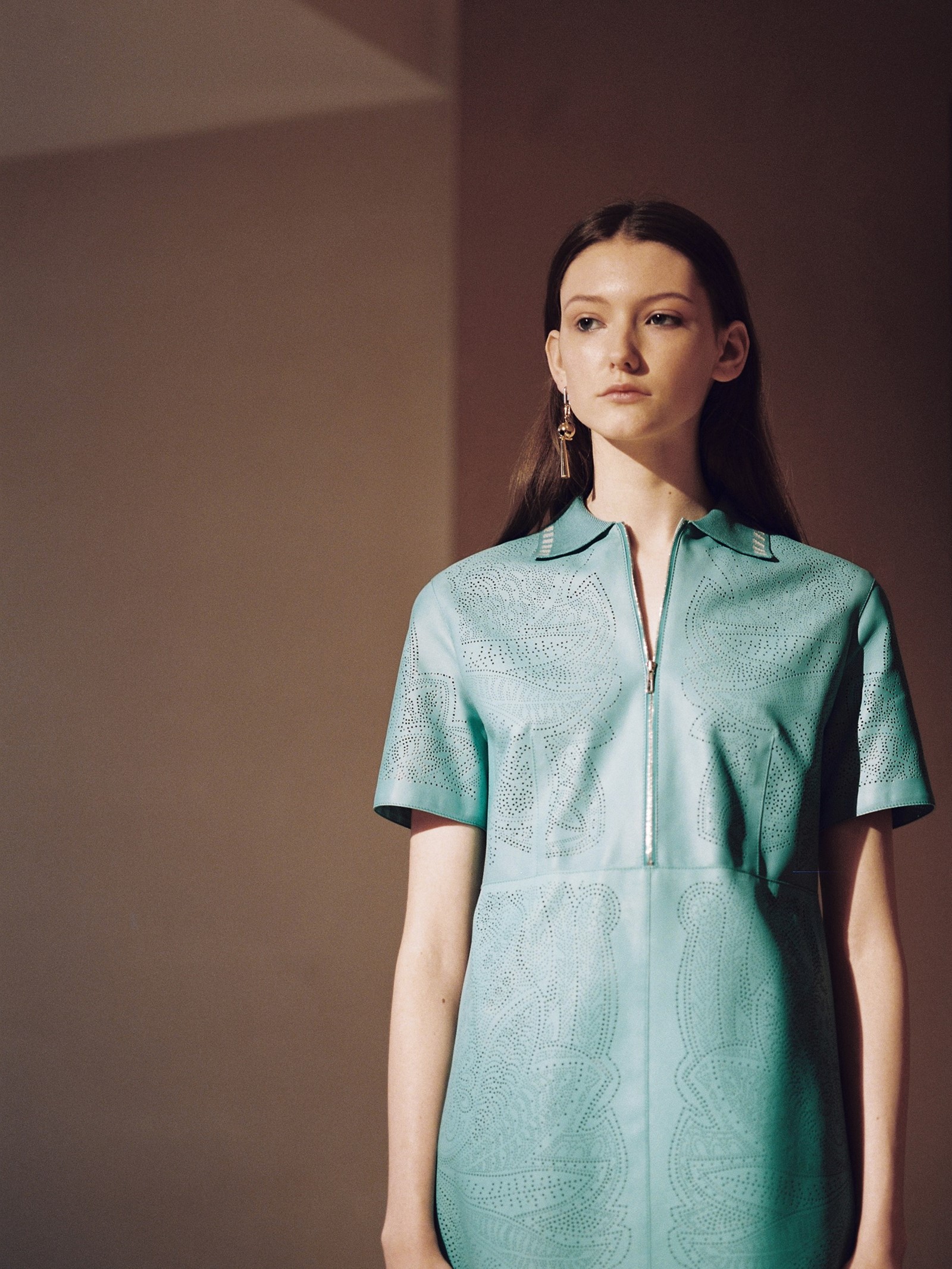
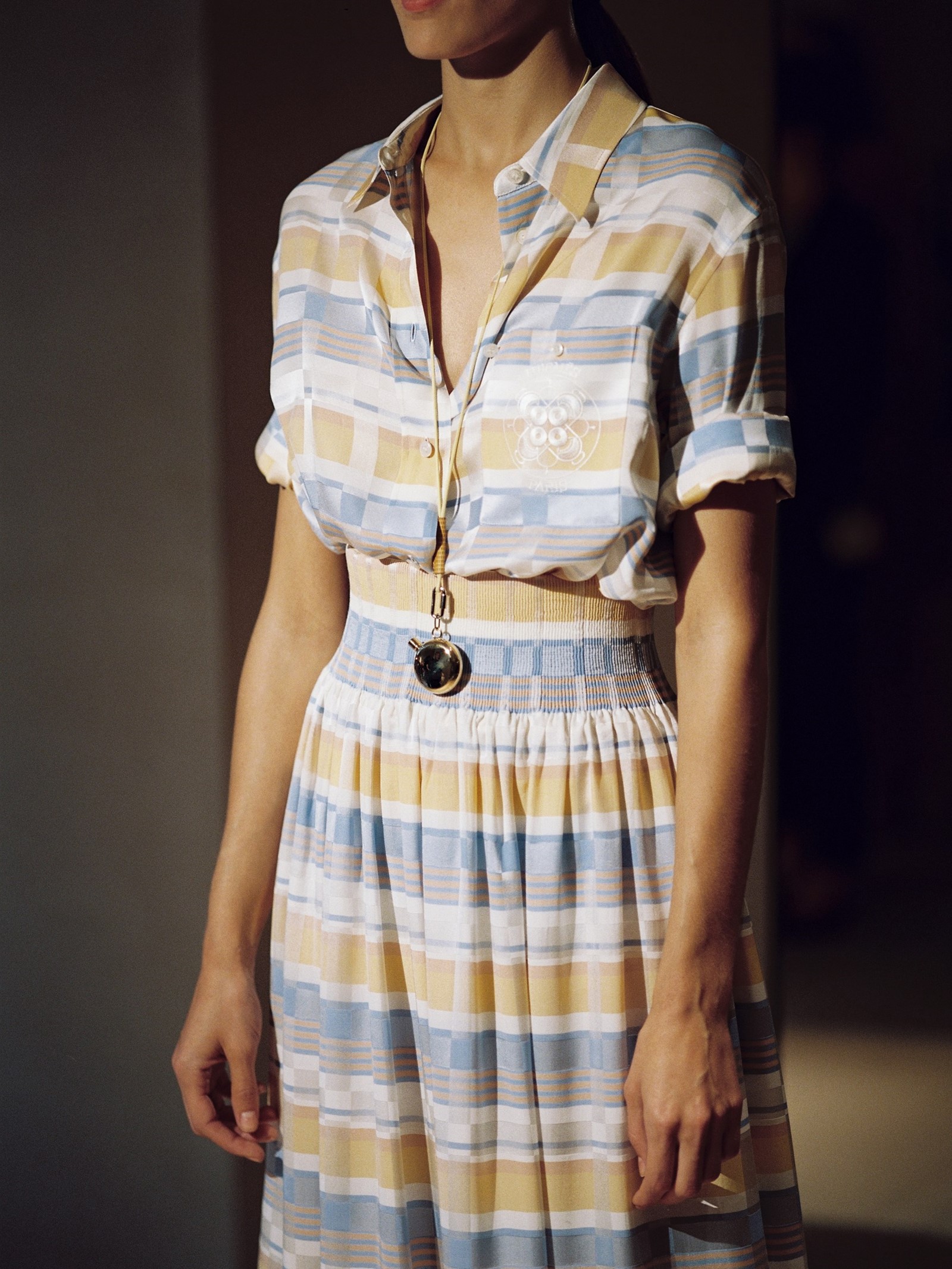
Old Masters
Was the spoken voiceover and the quiet dignity of the location and choreography a reference to Martin Margiela’s tenure at the house? Quite possibly. It’s no secret that this now-retired master of fashion is more copied than ever. To her credit, though, while Vanhée-Cybulski clearly understands his heritage (not least because she worked in his studio between 2005 and 2008 following her graduation from the Royal Academy of Fine Arts in Antwerp, also Margiela’s alma mater), his influence stopped there. The clothes themselves were the younger designer’s own.
Speaking of masters of a different kind, then, she said post show: "Dutch Old Master paintings are really interesting because they talk about something transient but they are 500 years old. I love that relationship between now and always". For its part, Hermès is among the world’s oldest fashion houses – it was founded by Thierry Hermès in 1837 – and although there are modern, and indeed in this particular instance Mod, touches always to be found – a yellow double-faced cashmere parka that also happens to be waterproof, a cute pair of denim shorts – it is important that any fashion credentials are discreet. Crocodile leather was immaculately moulded into sweet short dresses, vivid iris chiffon was cut into more diaphanous looks, shirts were closed right up to the throat and worn with high-waisted, perfectly cut trousers cropped at the ankle, and shoes – designed by Pierre Hardy – were paper flat throughout. All of that made for timelessly elegant viewing. Still, however much the emphasis today seems to be on building a wardrobe over and above any obviously attention-seeking seasonal statements, this is still, by its very nature an ephemeral industry, one that would cease to exist were women – and indeed men – to decide not to renew their clothes. It is this and every other designer’s job to persuade them to do that.
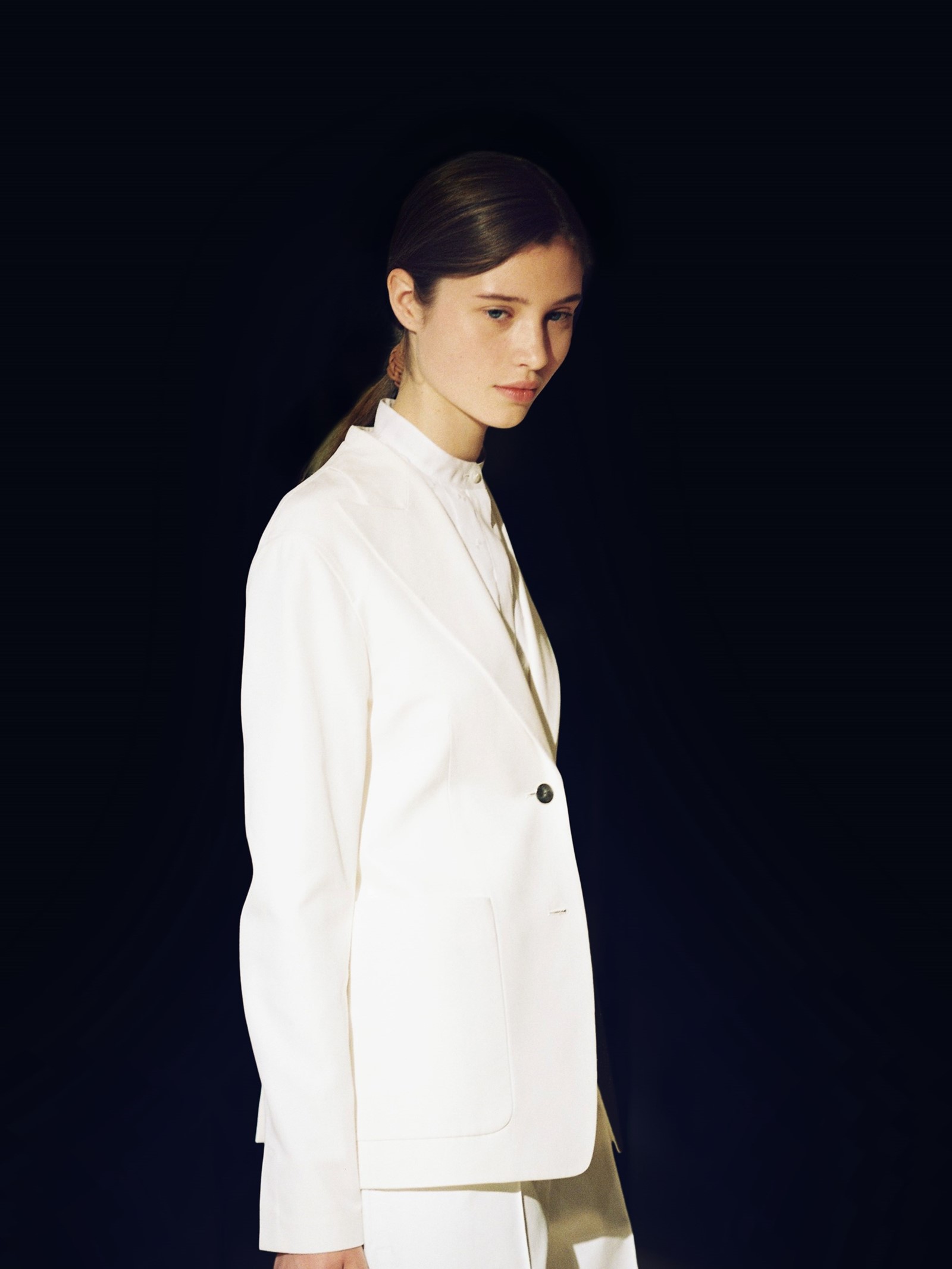
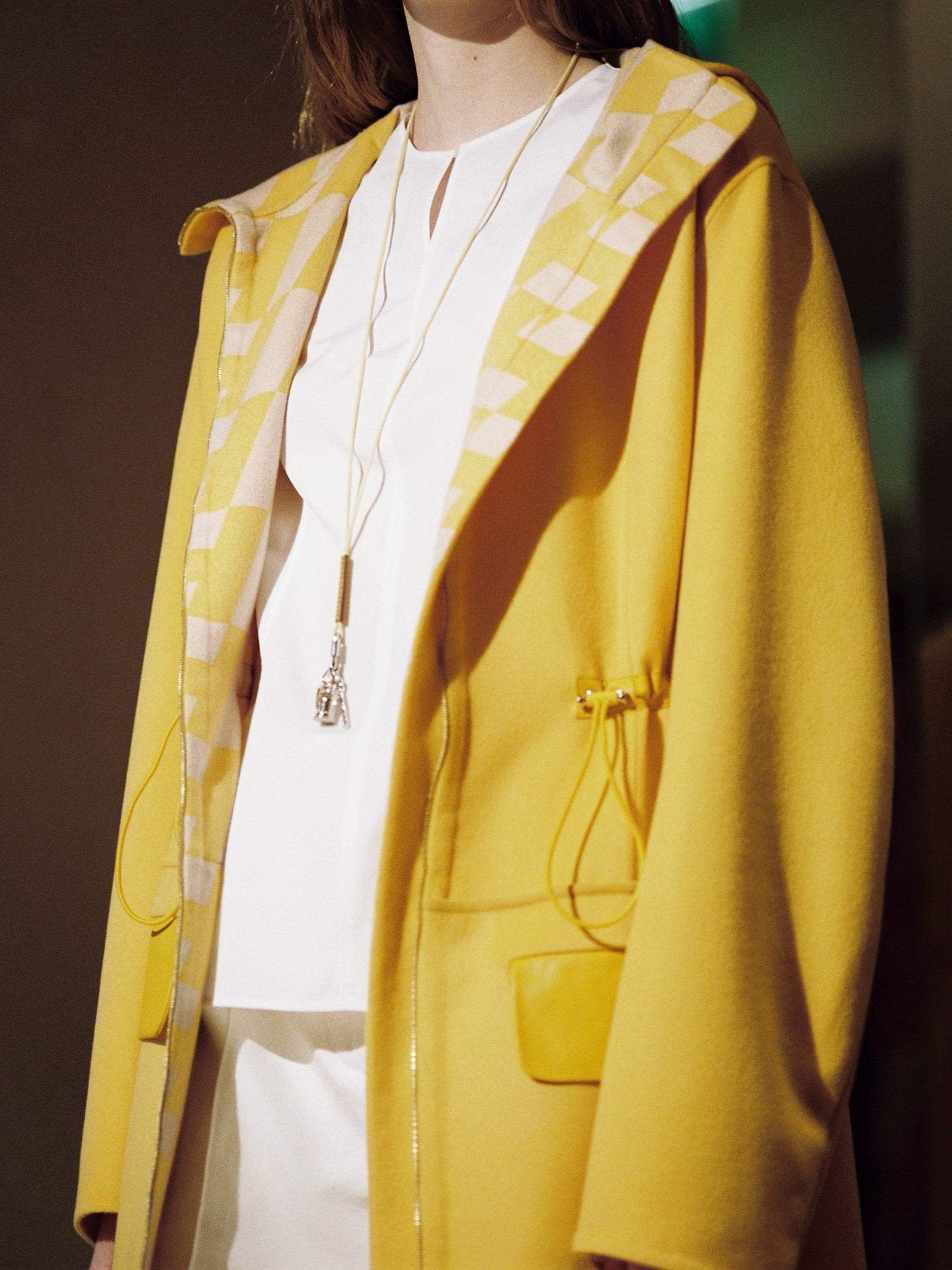
Connect Only Connect
Nadege Vanhée-Cybulski is unusual as an Hermès designer who focuses all of her attention on the job in hand. In the past, those who have designed for the house – from Eric Bergere to Martin Margiela and from Jean Paul Gaultier to her immediate predecessor Christophe Lemaire – have also presided over signature collections. Her history is revealing. After working for Margiela, the most elusive fashion designer in history, she moved to Phoebe Philo’s Céline until 2011 – Philo too is notoriously backwards in coming forwards, preferring her work to speak for itself – and was next appointed studio director for The Row. Mary Kate and Ashley Olsen, who own that label, are also in no way interested in self-promotion however much the world might like them to be. Such a determinedly behind-the-scenes approach seems simpler in some ways, more in line with the times and the search for that rare thing, authenticity. Nadege Vanhée-Cybulski is very much that sort of designer, a woman who prefers to avoid the spotlight and concentrate on the job in hand. If this latest collection is anything to go by, it is a formula that is working beautifully.
